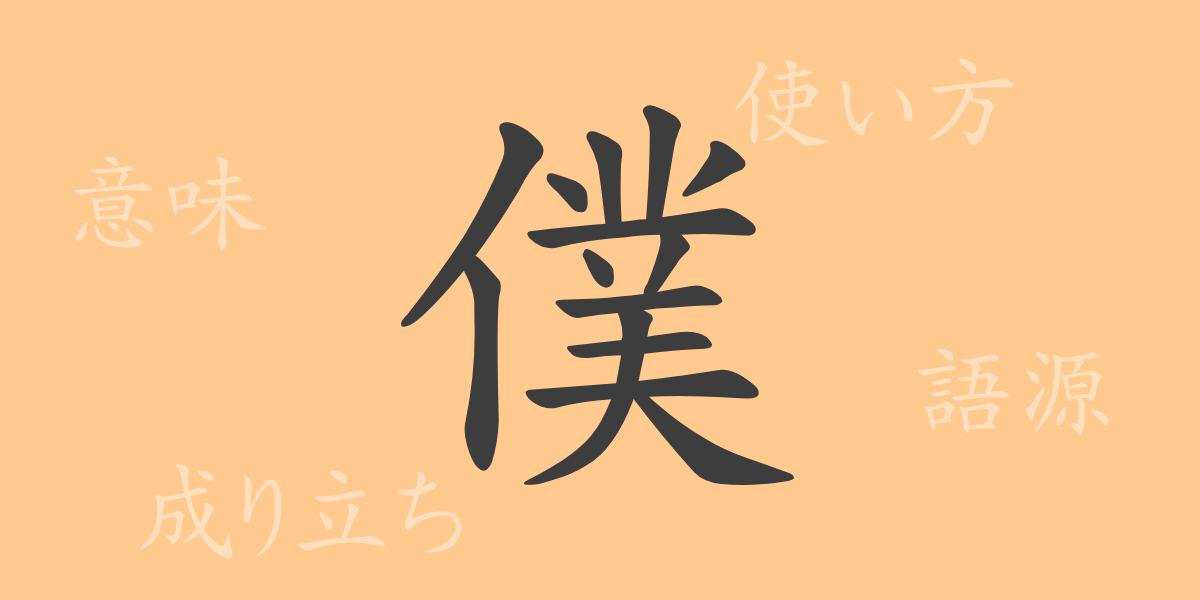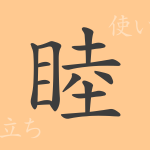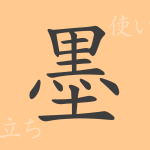In the Japanese language, there are numerous kanji characters, each with its own unique history and meaning. The kanji “僕” (boku) is a term widely used in everything from everyday conversations to literary works. In this article, we delve into the origins of “僕” (boku), its modern usage, readings, stroke count, and even idiomatic expressions and proverbs that include “僕” (boku).
The Origins of 僕 (boku)
To explore the origins of the kanji “僕” (boku), we need to go back to ancient China. Originally, “僕” (boku) was used to mean a slave or a servant in ancient Chinese. It was later introduced to Japan, where its meaning and usage evolved. Over time, “僕” (boku) became established as a humble pronoun used by men to refer to themselves, particularly young men.
The Meaning and Usage of 僕 (boku)
In modern Japanese, “僕” (boku) is commonly used as a first-person pronoun. It is primarily used by men to refer to themselves, often in informal or familiar contexts. In more formal settings or when addressing superiors, the term “私” (watashi) is more frequently used, and the use of “僕” (boku) is generally avoided. Additionally, in creative works, “僕” (boku) is sometimes chosen to reflect a character’s personality or status.
The Reading, Stroke Count, and Radical of 僕 (boku)
The kanji “僕” (boku) has specific readings and writing methods.
- Reading: The on’yomi (音読み) reading is “ボク” (boku), and there is no kun’yomi (訓読み) reading.
- Stroke count: It has a total of 14 strokes.
- Radical: The radical is 人 (ひと・にんべん, hito/ninben).
Idiomatic Expressions, Proverbs, and Words Using 僕 (boku)
Idiomatic expressions and words that include “僕” (boku) often derive meanings from its original sense. For example, “僕輩” (ぼくはい, bokuhai) is an old term meaning “I” or “me,” while “僕足” (ぼくそく, bokusoku) refers to walking on one’s own feet, symbolizing a self-sufficient life. Additionally, “僕学” (ぼくがく, bokugaku) means to engage in academic pursuits oneself, representing the spirit of self-improvement and self-study.
Summary of 僕 (boku)
The kanji “僕” (boku) has undergone significant changes in meaning and usage from ancient China to modern Japan. Today, it is commonly used as a first-person pronoun by men, especially young men, in informal settings. As a kanji, “僕” (boku) is written with 14 strokes and has the radical 人 (ひと・にんべん, hito/ninben). In idiomatic expressions and proverbs, it ranges from connotations of humility to those of self-sufficiency and academic ambition. Understanding the rich nuances of “僕” (boku) in the Japanese language provides a deeper insight into the depth of the language itself.

























